Pericarditis And Autoimmune Disease
Pericarditis and autoimmune disease. Idiopathic andor viral acute pericarditis are found in 8090 of the cases occurring in immunocompetent patients from developed countries. Because recurrent pericarditis often responds to corticosteroid and other immunosuppressive therapies and is characterized by the presence of autoantibodies its primary etiology is thought to be autoimmune. And high 2030 for bacterial aetiologies especially with TB and purulent pericarditis.
36 Approximately 1530 of patients with idiopathic acute pericarditis who are not treated with colchicine will develop either recurrent or incessant disease. Systemic sclerosis SSc is a systemic autoimmune disease that is diagnosed with fibrosis of the variable tissues because of the gathering of collagen and other extracellular proteins. If the patient is asymptomatic then the treatment is the same as that of the patients systemic disease.
It may also have an idiopathic etiology. The most common specific etiologies reported in published clinical series are tuberculosis. However other etiologies such as malignancy idiopathic and auto-immune diseases could cause pericardial effusion with or without acute pericarditis.
The earlier Pericarditis and Rheumatoid Arthritis is diagnosed the more effectively it can be treated. A case series Pericarditis is a rare but life-threatening manifestation of APS type II that is currently not considered to be a key manifestation of the syndrome. 53 Pericarditis in renal failure.
Classical systemic inflammatory diseases include connective tissue diseases vasculitis and granulomatous diseases table 1. In one series of 158 patients with the diagnosis of TRAPS 12 of the patients had been diagnosis with pericarditis 16. For all of these reasons it is rational to speculate that chronic recurrent pericarditis is an autoimmune disorder.
These are disorders in which the bodys immune system makes antibodies that mistakenly attack the bodys tissues or cells. There is an association of autoinflammatory diseases and recurrent pericarditis as many of the patients with an autoinflammatory disease have recurrent pericarditis. Its etiology is unknown but its pathophysiology involves microvascular abnormalities secondary ischemia and fibroblast overactivity.
Pericarditis with cardiac tamponade and addisonian crisis as the presenting features of autoimmune polyglandular syndrome type II. 55 Post-cardiac injury syndromes.
Pericarditis with cardiac tamponade and addisonian crisis as the presenting features of autoimmune polyglandular syndrome type II.
424748 However tuberculous purulent and neoplastic pericarditis. Purulent pericarditis is a rare but potentially life-threatening disease. Idiopathic recurrent acute pericarditis IRAP represents the most troublesome complication of acute pericarditis and occurs in up to 20-50 of patients. Vi Pericarditis may be found in association with other well established autoimmune diseases. These are disorders in which the bodys immune system makes antibodies that mistakenly attack the bodys tissues or cells. 146 Other causes of recurrent pericarditis include viruses or infections and postpericardial and postmyocardial injury syndromes. Cardiac involvement is. Because recurrent pericarditis often responds to corticosteroid and other immunosuppressive therapies and is characterized by the presence of autoantibodies its primary etiology is thought to be autoimmune. 424748 However tuberculous purulent and neoplastic pericarditis.
55 Post-cardiac injury syndromes. Purulent pericarditis is a rare but potentially life-threatening disease. A case series Pericarditis is a rare but life-threatening manifestation of APS type II that is currently not considered to be a key manifestation of the syndrome. Accordingly their use at low doses should be reserved for patients unable to take NSAID therapy or for those with specific indications eg autoimmune disease pregnancy or immune checkpoint inhibitor-associated pericarditis. 36 Approximately 1530 of patients with idiopathic acute pericarditis who are not treated with colchicine will develop either recurrent or incessant disease. Viruses are notoriously involved in the pathogenesis of autoimmune diseases and the authors reasonably conclude that such a cross-reactivity might lead to the development of immune-mediated disorders in COronaVirus Disease-19 COVID-19 patients in the long term. Intermediate 25 for autoimmune immune-mediated and neoplastic aetiologies.


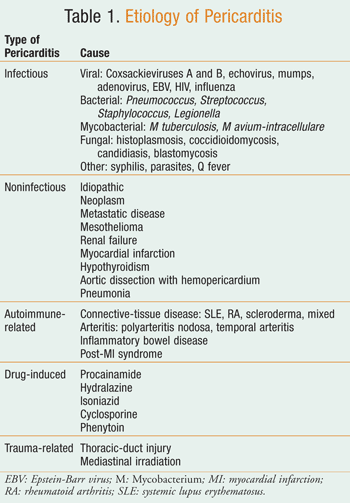

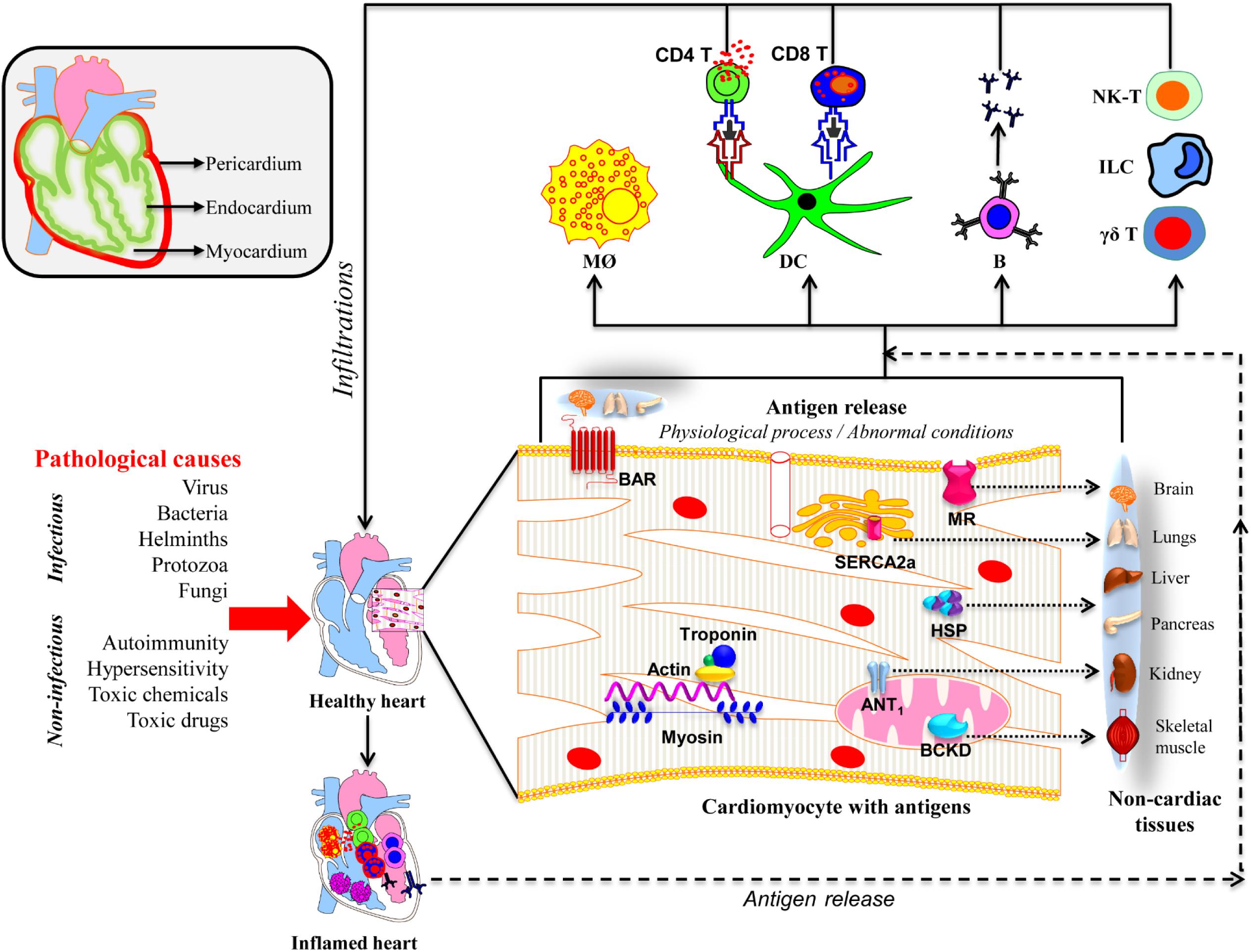


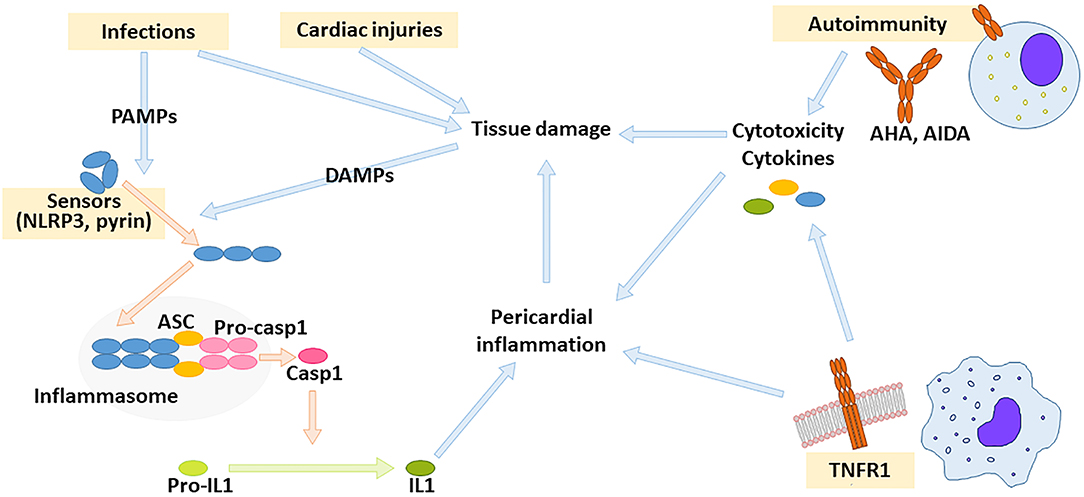

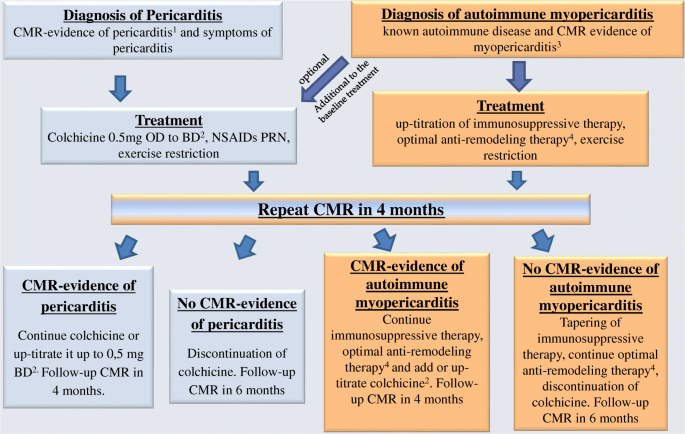

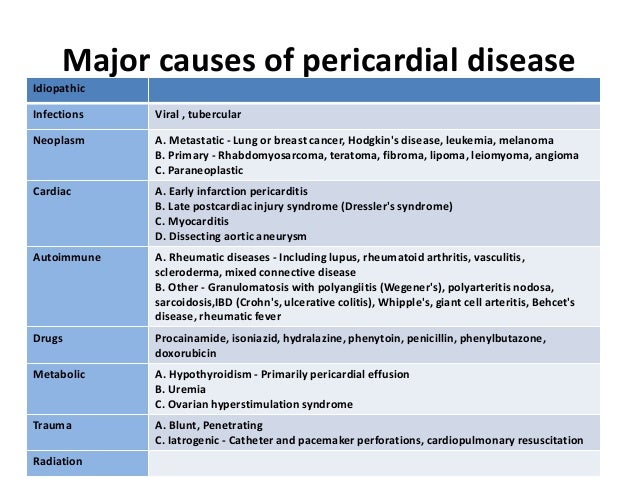



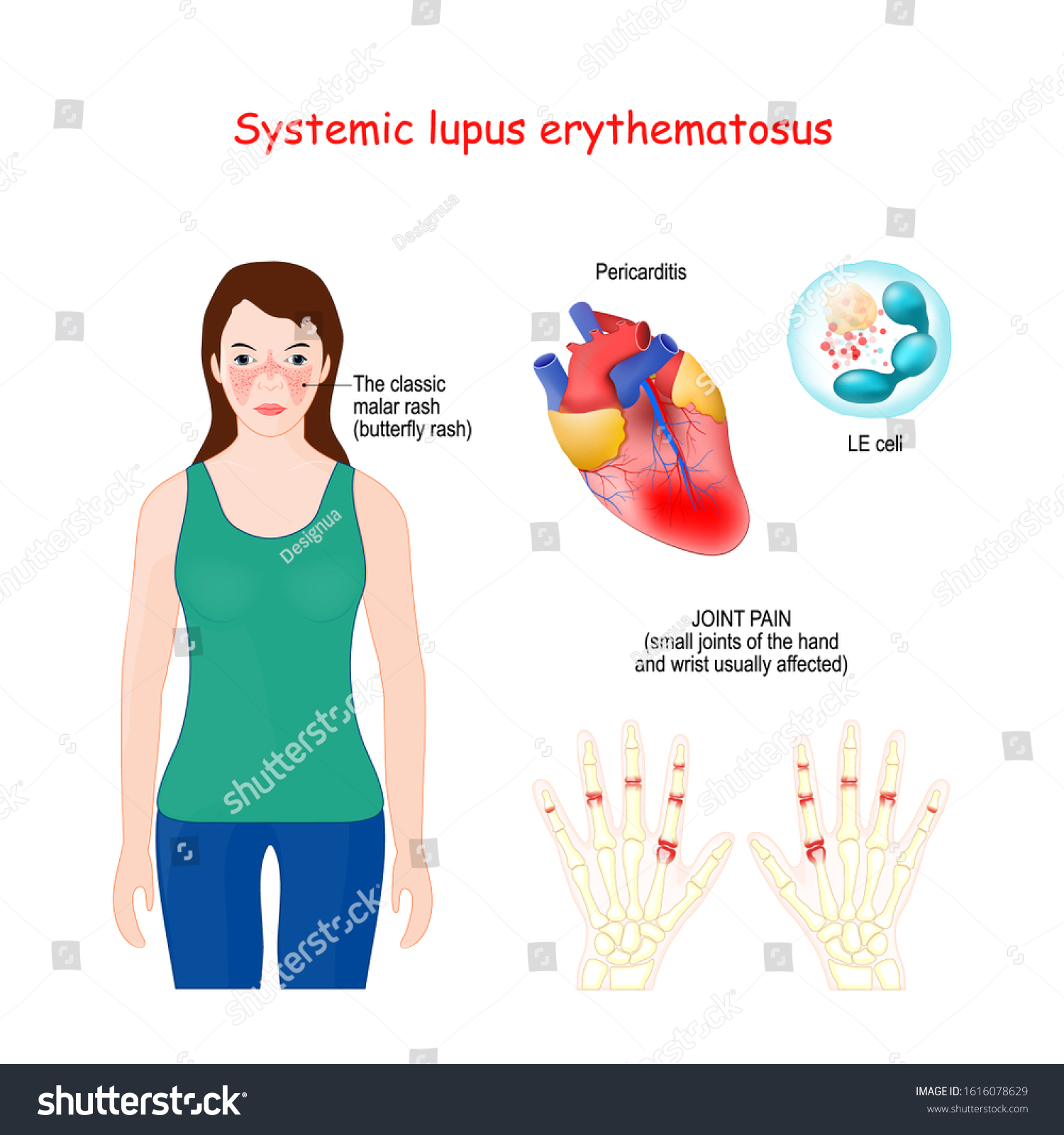
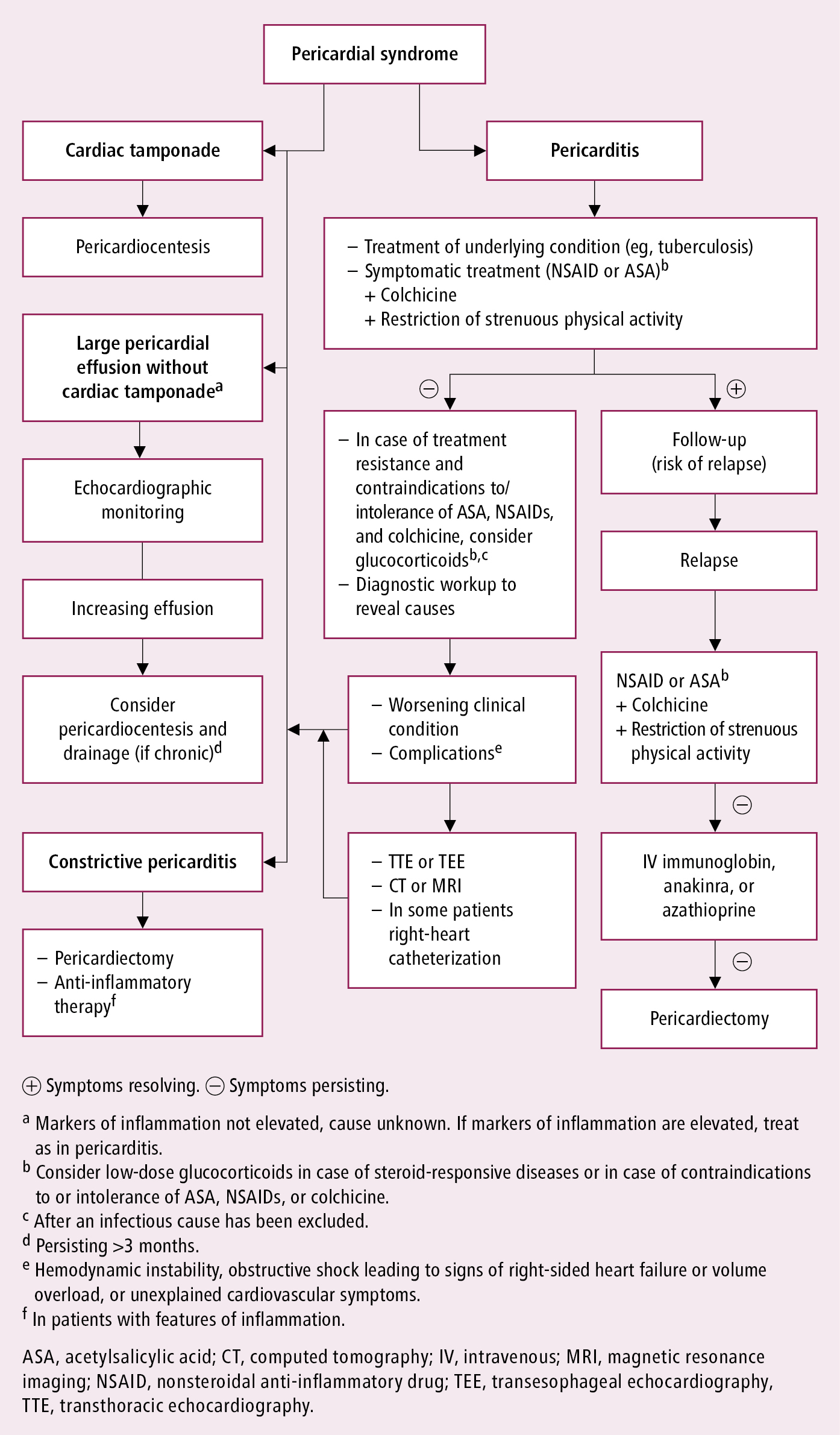





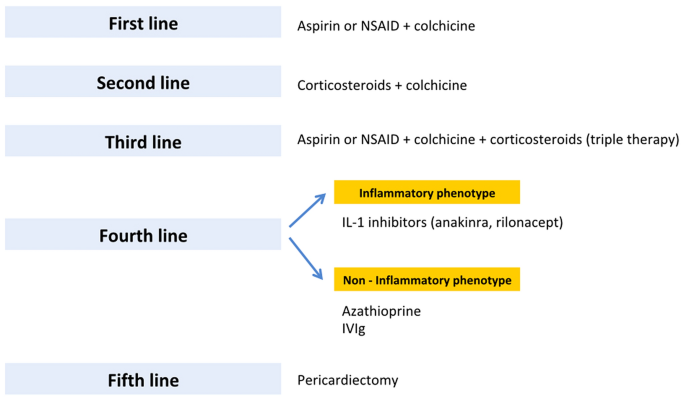



/3232654_color1_edited-5c362536c9e77c0001885f8b.png)



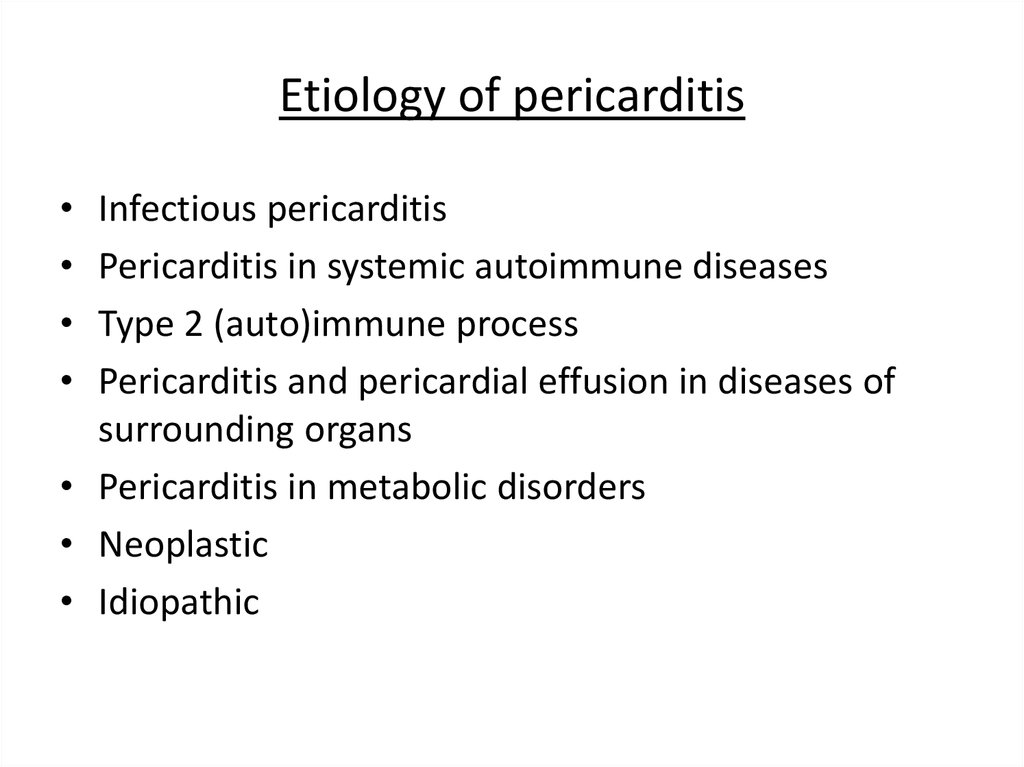


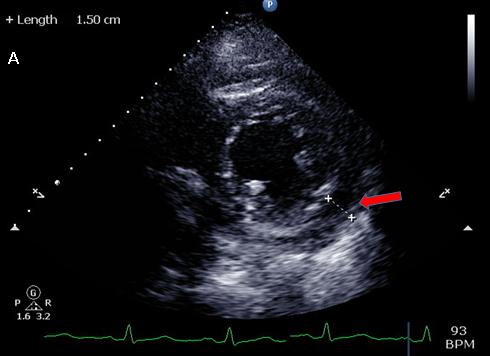
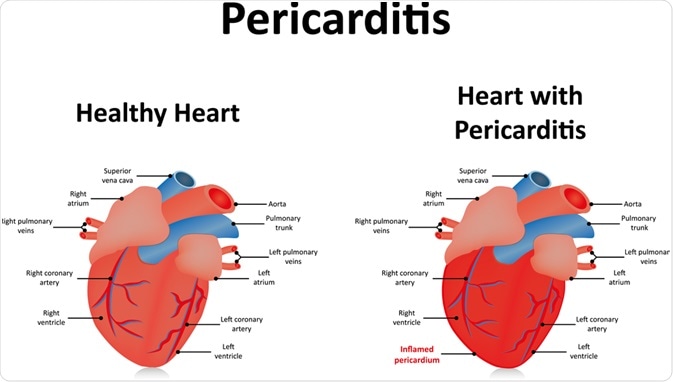
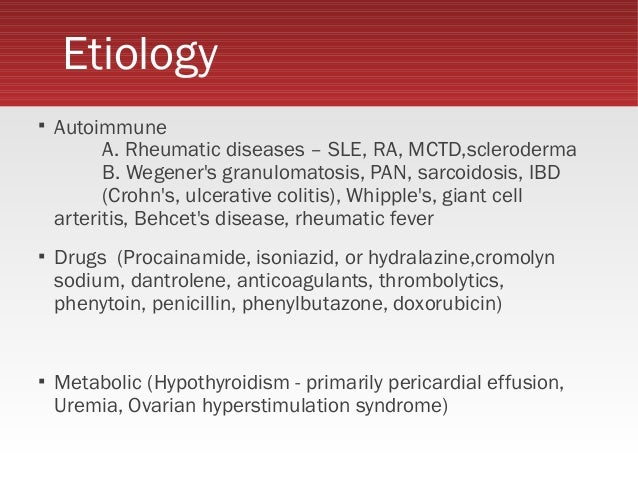
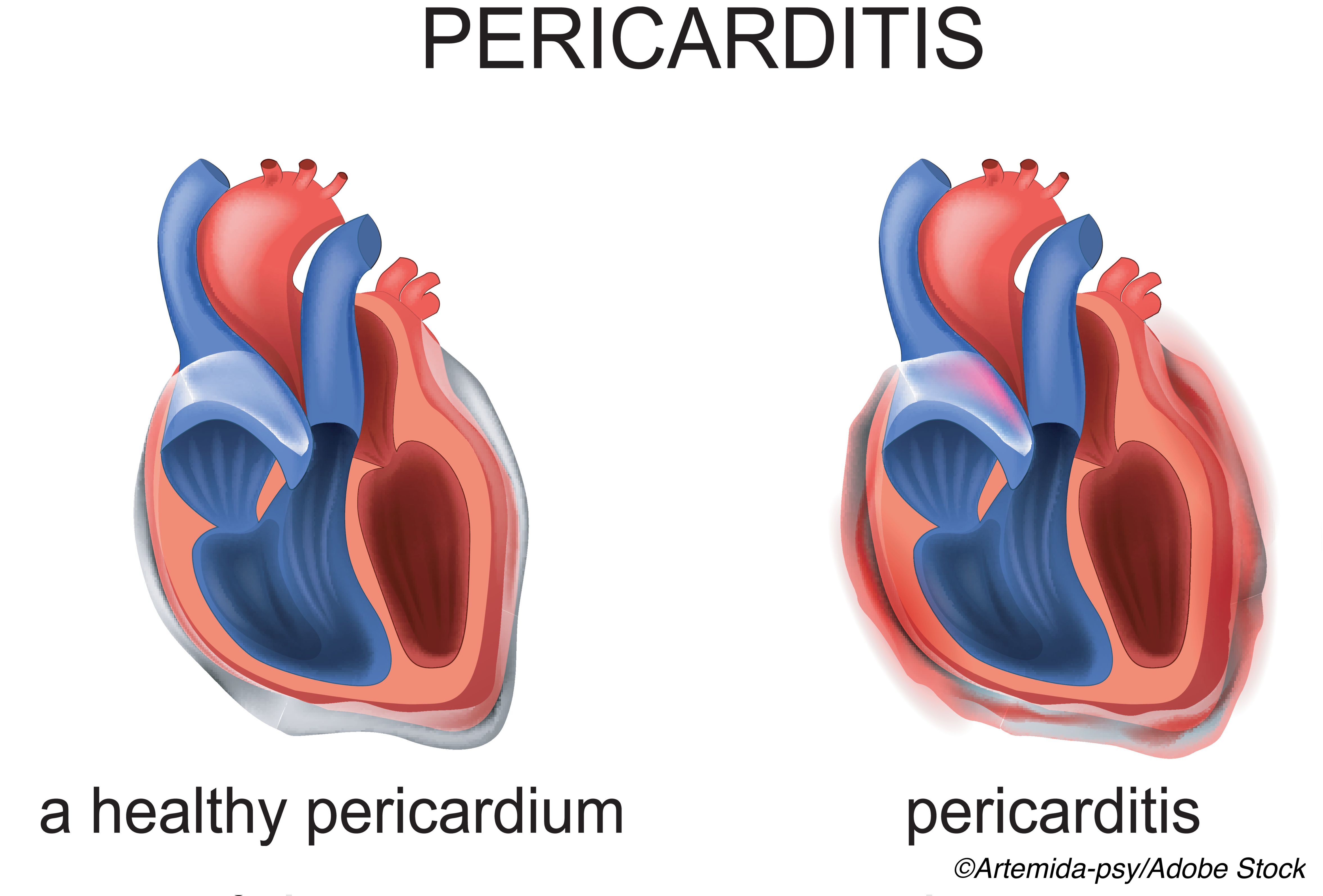
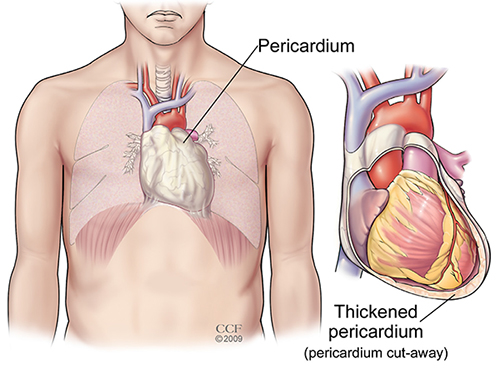
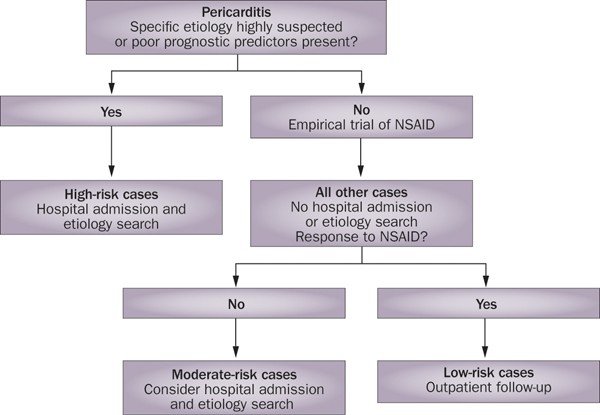



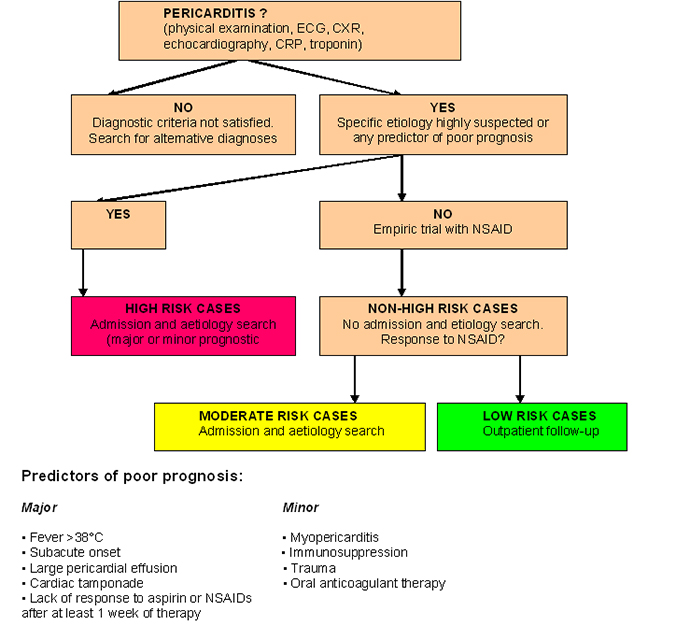
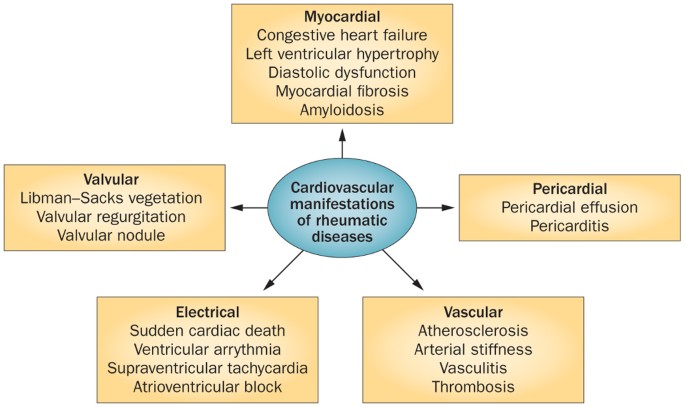


Post a Comment for "Pericarditis And Autoimmune Disease"